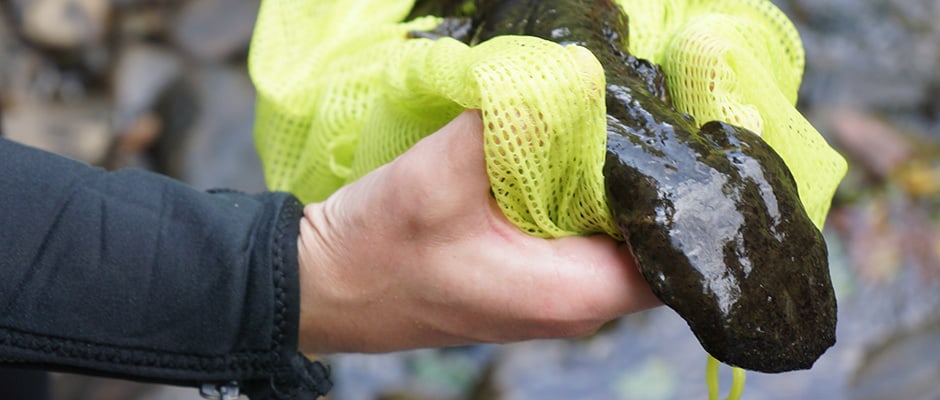Share this article
Teaming with Wildlife Brings Bipartisan Success
Even though the Teaming with Wildlife Fly-In advocating for funding for State and Tribal Wildlife Grants is over, TWS members and staff have been busy finalizing support from Members of Congress. The Teaming with Wildlife Coalition worked with several Representatives and Senators to draft “Dear Colleague” letters in support of robust funding for the program, which received an $11 million increase over Fiscal Year 2015 levels. The letters, which will be sent to appropriations committees in both chambers of Congress, were recently circulated through Congress for Representatives and Senators to sign-on, expressing their support for the program.
After meeting with Congressional offices in-person during the fly-in, TWS Government Affairs staff followed up with phone calls and emails to secure support from Representatives and Senators.
TWS members also played an important role in contacting offices. Through the Action Alerts, TWS members sent 202 messages to 134 Representatives and 338 messages to 86 Senators requesting their Members of Congress to sign onto the Dear Colleague letter and support the program by submitting a programmatic request to the appropriations committee. The Southwest Section and Arkansas Chapter both sent letters on behalf of their members directly to Legislator’s offices.
The effort from TWS members and staff as well as other members of the Teaming with Wildlife Coalition resulted in great success for the State and Tribal Wildlife Grants Program. A total of 145 Representatives signed the letter to appropriators, well above the only 129 who signed on in 2015. An additional 21 Senators have already signed on to the letter as well, with more offices expected to finalize their support soon. The letters demonstrate bipartisan support for the nation’s core program in keeping species from becoming listed as federally endangered.
Header Image:
The Eastern hellbender (Cryptobranchus alleganiensis) has been identified as a species of greatest conservation need in several states. Several conservation-related projects for this species have been funded through the State and Tribal Wildlife Grants program.
Image Credit: Gary Peeples, USFWS








